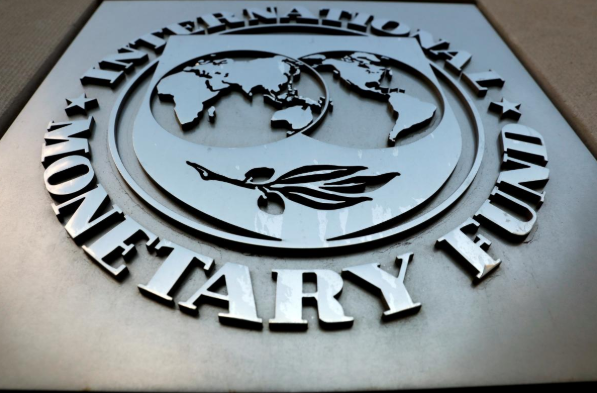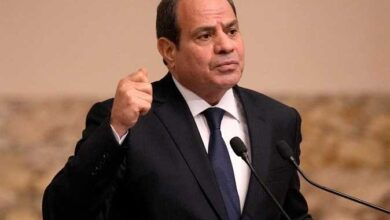
Egypt stands to gain $800 million in savings by 2030 thanks to the International Monetary Fund’s recent decision to adjust its fees for programs and loans.
IMF Managing Director Kristalina Georgieva made the announcement during an interview with Al-Sharq, where she also indicated the possibility of revisiting the conditions for providing support to Lebanon in light of the ongoing conflict.
The IMF has provided significant relief to its member countries by reducing borrowing costs. In a recent review of its lending fees policy, the IMF Executive Board approved a package of measures that will save member countries a combined $1.2 billion annually.
This decision will especially benefit countries like Argentina, Egypt, Ukraine, and Ecuador, which have historically been among the largest borrowers from the IMF and have borne a significant portion of the surcharge burden.
Georgieva announced on Thursday, during a briefing at the annual meetings, that the IMF is open to modifying any program to best serve the borrowing country’s circumstances, referring to the agreement signed with Egypt.
However, she cautioned, “We cannot do our job properly if we abandon what needs to be done because this will make the cost higher.”
In her interview with Al-Sharq about the program with Egypt, she stated, “We always look at the variables to see if they require a program-level adjustment, and that’s what we’ll do again this time.”
She revealed that she will visit Cairo within ten days to see firsthand what the country is going through. While noting that regional tensions have deprived Egypt of 70% of the Suez Canal’s revenues, a ‘huge loss’ for its economy, the IMF Managing Director asserted that “Egypt will be in a better position if the reforms are implemented sooner rather than later.”
Following President Sisi’s call for a review of Egypt’s IMF agreement, IMF Managing Director Kristalina Georgieva emphasized the Fund’s flexibility in adjusting its support programs.
This comes as Egypt continues to implement its IMF-backed economic reform program, which was initially approved in 2020 and has since been augmented by additional disbursements.
Georgieva’s statement underscores the importance of regular reviews to ensure that the program remains aligned with Egypt’s evolving economic needs.




